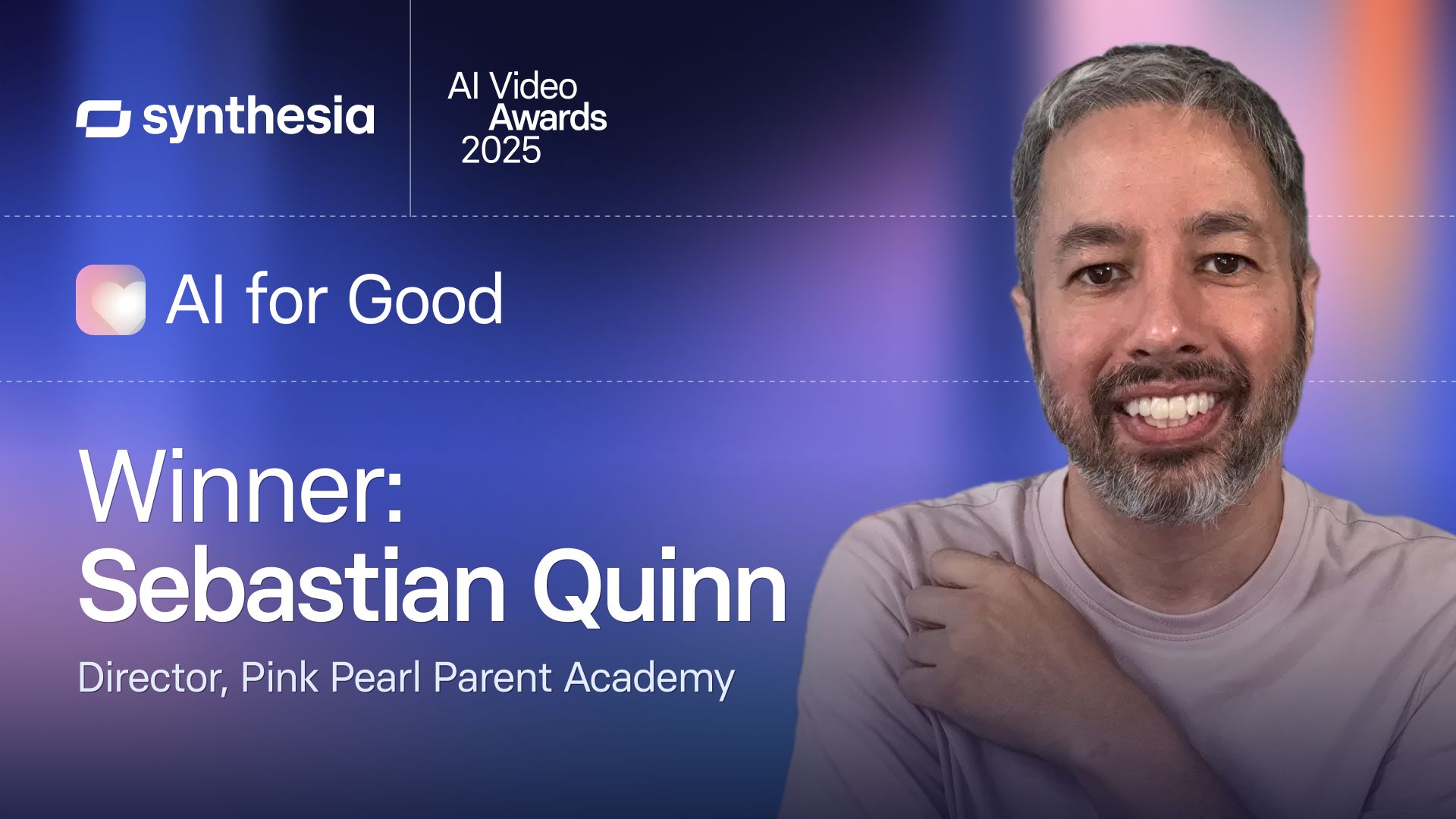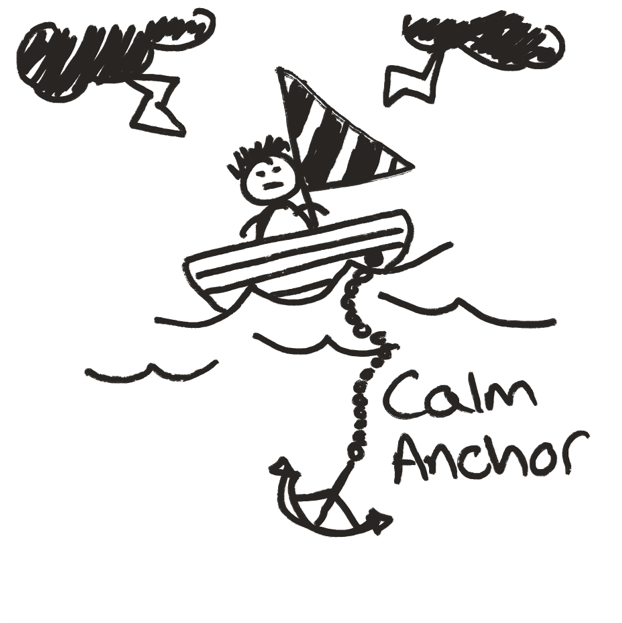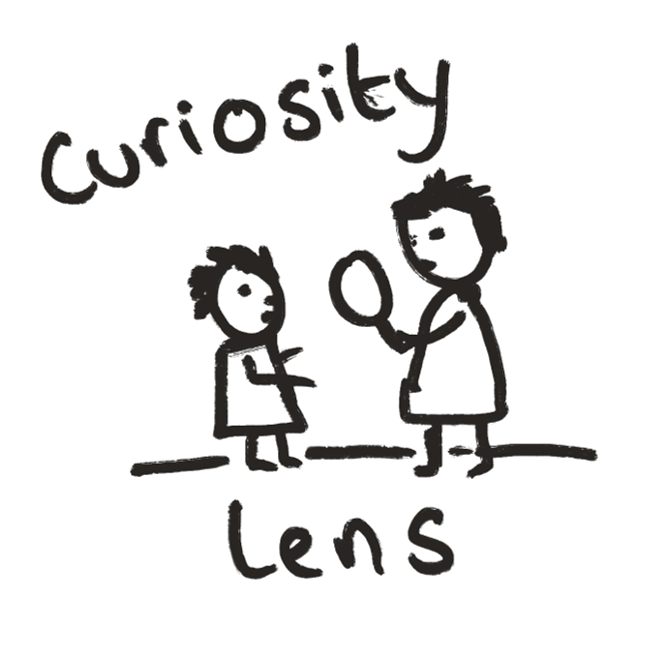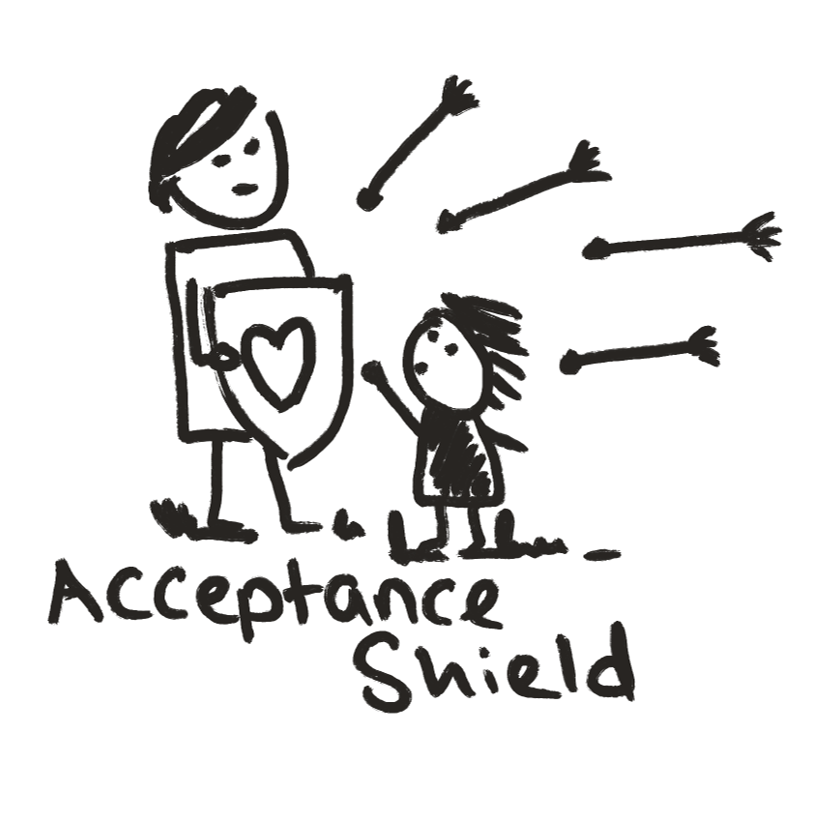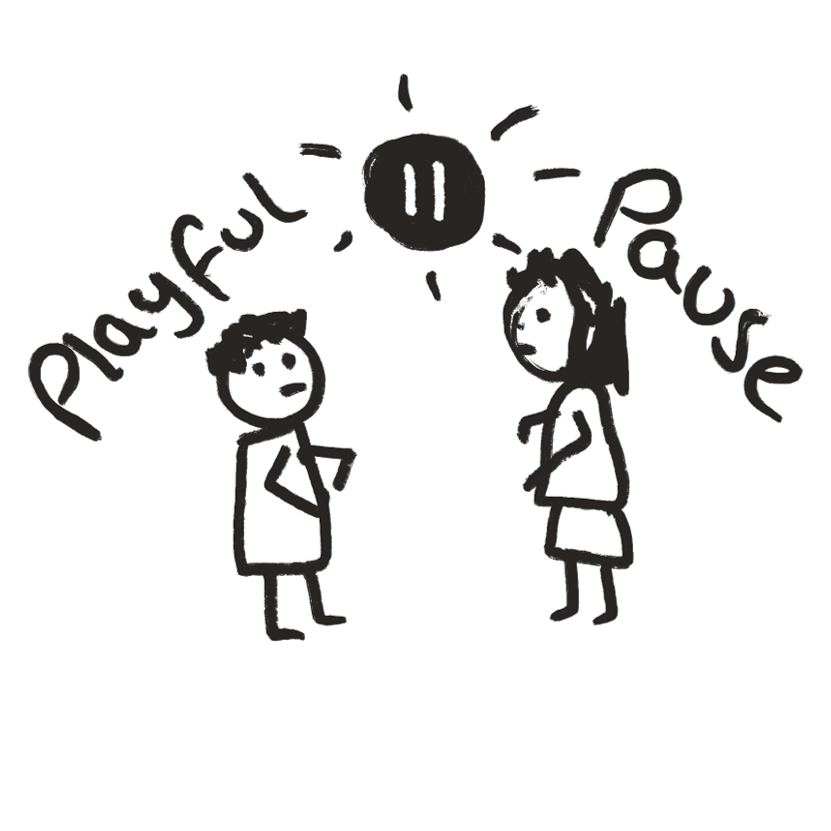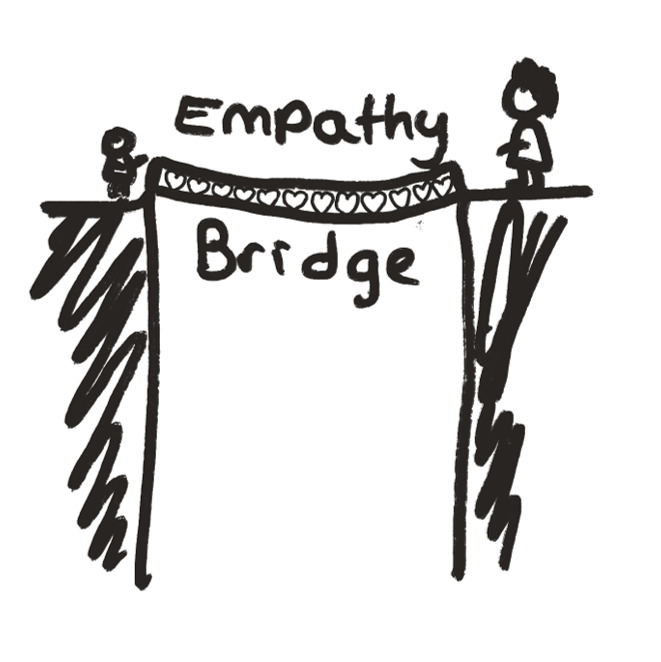Understanding Childhood Trauma and Adverse Childhood Experiences
Write your awesome label here.
Course Overview
This course is part of the following Guided Pathways:
Parents and Carers Love Us

Certification Included
If you're a foster carer or other professional working with children, this certificate is a record of your Continuous Professional Development (CPD).
CPD Minutes: 60
CPD Minutes: 60
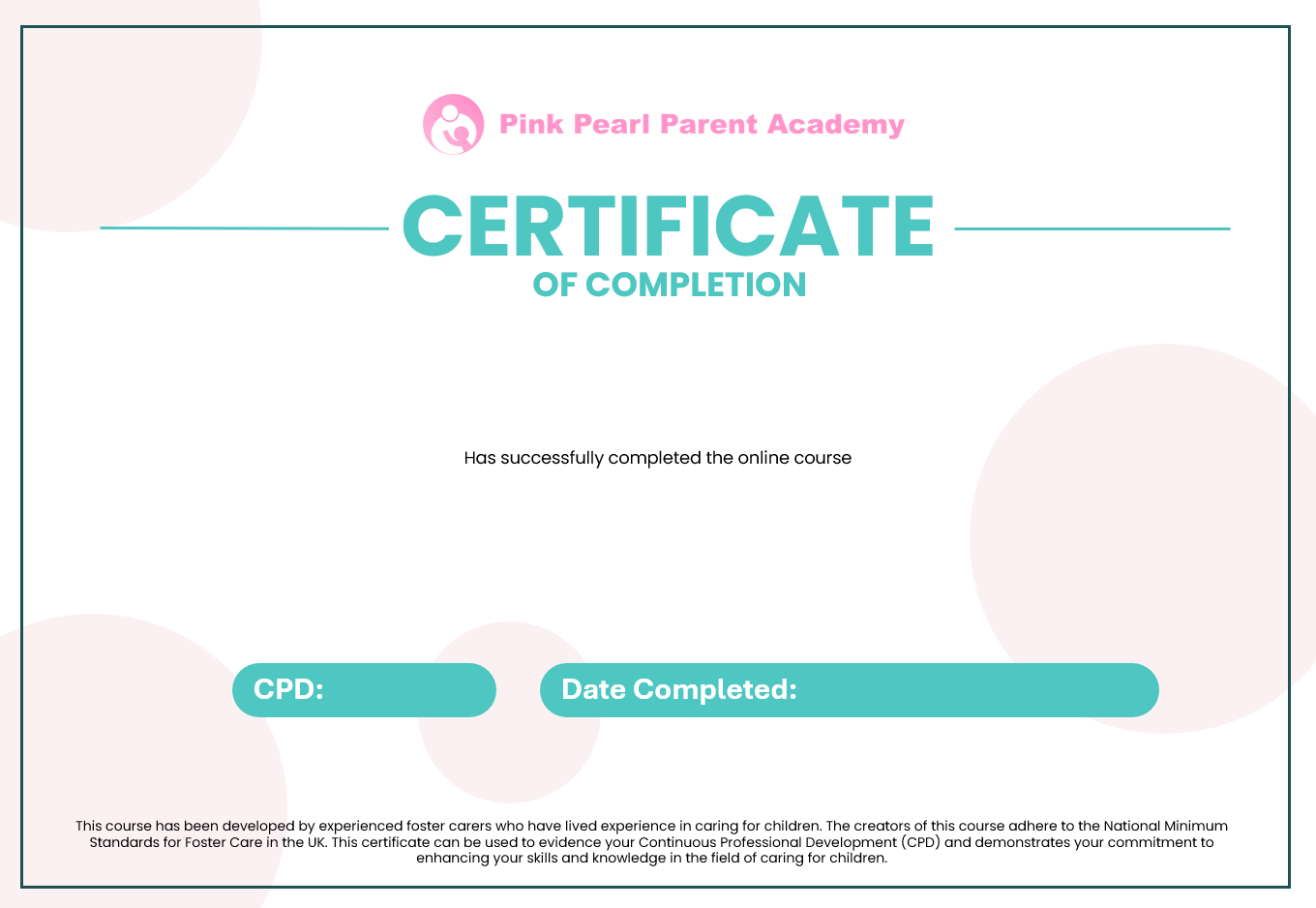
How This Course Meets the UK's National Minimum Standards (NMS) for Fostering Services
How This Course Supports the UK's Training, Support & Development Standards (TSD) for Foster Care
What's in the course?
below are the sources we used to help us create this course
Recommended Reading and Resources
"Fight, flight, freeze, and fibbing: Lying as a trauma-based behaviour" by Noel Macnamara
Lying isn’t always about deception—it can be a survival mechanism. The article delves into the idea that, beyond the usual fight, flight, or freeze responses, there’s a fourth F: fibbing. For traumatised children, lying isn’t about mischief. It’s about fear. A shield against danger. A way to stay safe.
"5 Reasons Why Children with Complex Trauma Lie" by Stable Moments
Lying, for children with complex trauma, isn’t about deception—it’s about survival. A shield against punishment. A way to control an unpredictable world. Sometimes, reality itself is blurred. The article explores how trauma rewires truth, making lying less a choice and more a reflex, born from fear, not dishonesty.
"AST A Guide to Allegations" by Foster Talk
Allegations—every foster carer’s worst nightmare. The article unpacks why they happen, from trauma to misplaced hopes, and how even false claims can upend lives. It urges carers to document everything, know the system, and seek support. Because in fostering, even the best intentions can land you in murky waters.
"How to Respond When Our Children's Memories are Wrong" by Debbie Ausburn
Children’s memories can be astonishingly wrong—yet utterly real to them. The article explores why this happens, urging parents to respond with empathy, not correction. It’s not lying, just how the brain works. Instead of arguing facts, the key is understanding: in memory, truth is often stranger than fiction.
"What Drives False Memories in Psychopathology? A Case for Associative Activation" by Henry Otgaar et al.
Trauma reshapes memory, sometimes distorting it. The study explores how PTSD, depression, and past trauma make people more susceptible to false memories—especially emotional ones. Neutral facts? Less so. The implications are vast, from therapy to the courtroom, where memory isn’t just unreliable—it’s malleable, bending under the weight of experience.
"Maltreatment increases spontaneous false memories but decreases suggestion‐induced false memories in children" by Henry Otgaar et al.
Maltreated children: paradoxically, they conjure more false memories spontaneously yet resist suggestion-induced ones. This study reveals that trauma's shadow warps memory's fabric, making the mind both a trickster and a fortress. In the courtroom, such nuances can tilt the scales of justice.
"Playfulness, Acceptance, Curiosity, and Empathy: Building Trust in Our Relationships with Children" by Foster & Adoptive Care Coalition
Building trust with traumatized children requires a PACE approach: Playfulness, Acceptance, Curiosity, and Empathy. This method fosters safety and connection, essential for healing. Traditional parenting often falls short with these children; instead, embracing PACE offers a compassionate path to understanding and bonding.
"PACE: A Trauma-Informed Approach to Supporting Children and Young People" by Cardiff and Vale University Health Board
Children's misbehaviours often mask deeper needs. The PACE approach—Playfulness, Acceptance, Curiosity, Empathy—guides caregivers to connect and heal. By embracing these principles, we foster trust and understanding, transforming challenges into opportunities for deeper connection.

